Transform your enterprise operations with the world's most comprehensive offline domain database. Trusted by Fortune 500 companies for AdTech, cybersecurity, content filtering, and competitive intelligence. Save 92% compared to API costs while gaining instant access to 60 million categorized domains.
Over 200 clients have trusted the AI services of our company, ranging from Tier 1 Telcos, elite institutional asset managers, leading global digital marketplaces, and many others worldwide.
Built for enterprise scale with unmatched accuracy, comprehensive coverage, and instant deployment capabilities.
60 million domains sourced from Google Chrome UX Report, covering 99.5% of active internet usage. Our database includes 18 million domains from the most authoritative internet usage data available.
Every domain includes IAB v2/v3 categories, web filtering classifications, user personas, country data, OpenPageRank scores, Popularity Rank (CrUX), and comprehensive web technology detection from 3000+ tracked technologies.
17 million company domains for advanced business prospecting, competitor analysis, and market research. Perfect for sales teams, marketing agencies, and strategic planning departments.
Download and deploy immediately with zero setup time. No API rate limits, no latency concerns, no ongoing costs. Your data, your infrastructure, your control.
Keep sensitive categorization operations in-house. No external API calls, no data leakage concerns, full compliance with enterprise security policies and data governance requirements.
Save 92% compared to API costs while improving performance. Enterprises report 10x faster processing speeds and eliminate monthly usage anxiety with our fixed-cost model.
Pre-built domain databases tailored to specific use cases and requirements
Tell us your Ideal Customer Profile (ICP) or specific requirements. We'll build ICP optimized database for you from our 60 million domains representing 99.9% of active internet.
Traditional per-request pricing
You Save: $221,000 (92%)
Enterprise customers processing millions of domains save hundreds of thousands annually while gaining instant access without rate limits or latency concerns.
Choose the perfect database solution for your enterprise needs. All options include comprehensive categorization data with instant download and deployment.
One-time purchase • Lifetime access • Instant download
30 Million Domains • Full Coverage • Premium Support
60 Million Domains • Maximum Coverage • Premium Support
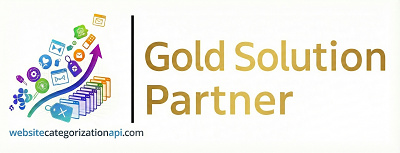
Clients that purchase the Ultimate Enterprise Solution 60M database above become Gold Solution Partners to which we make available additional specialized databases (see below).
40 Million Domains • Up to 3 Categories per Domain • Enhanced Accuracy

Clients that purchase the Ultimate Enterprise Solution 40M with Multiple Categories database above become Gold Solution Partners to which we make available additional specialized databases (see below).
2.7 Billion SNIs and Domains (2,741,102,021 exactly) • 99% Coverage • Multi-Category IAB Mapping
Available exclusively to our Gold Partners
One-time purchase • Complete historical archive
Subscription to categorized daily registered domains, typically 300k domains per day.
Market Intelligence: Real-time proxy for business formation intent.
Comprehensive enrichment data for deep business intelligence
Quantitative signals for algorithmic trading strategies
Discover how Fortune 500 companies and industry leaders leverage our URL categorization database to drive growth, enhance security, and optimize operations across diverse business verticals.
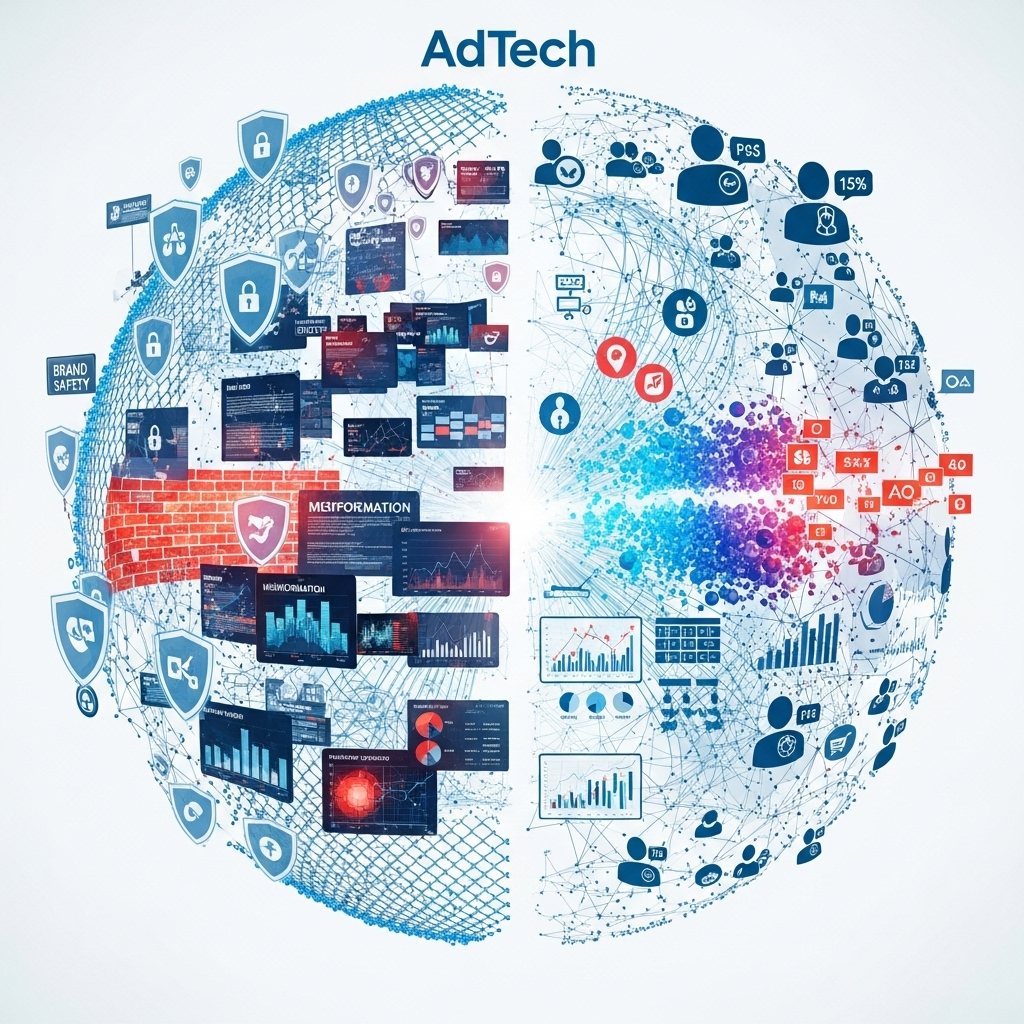
Transform your advertising precision with enterprise-grade domain intelligence. AdTech platforms processing billions of bid requests daily rely on our database to make split-second decisions about ad placement quality, brand safety, and audience targeting accuracy.
Our database enables real-time categorization without API latency, allowing demand-side platforms (DSPs) and supply-side platforms (SSPs) to evaluate inventory quality instantly. Major programmatic advertising companies report significant improvement in campaign performance and substantial reduction in brand safety incidents after implementing our offline categorization solution, leading to enhanced advertiser confidence and higher revenue yields.
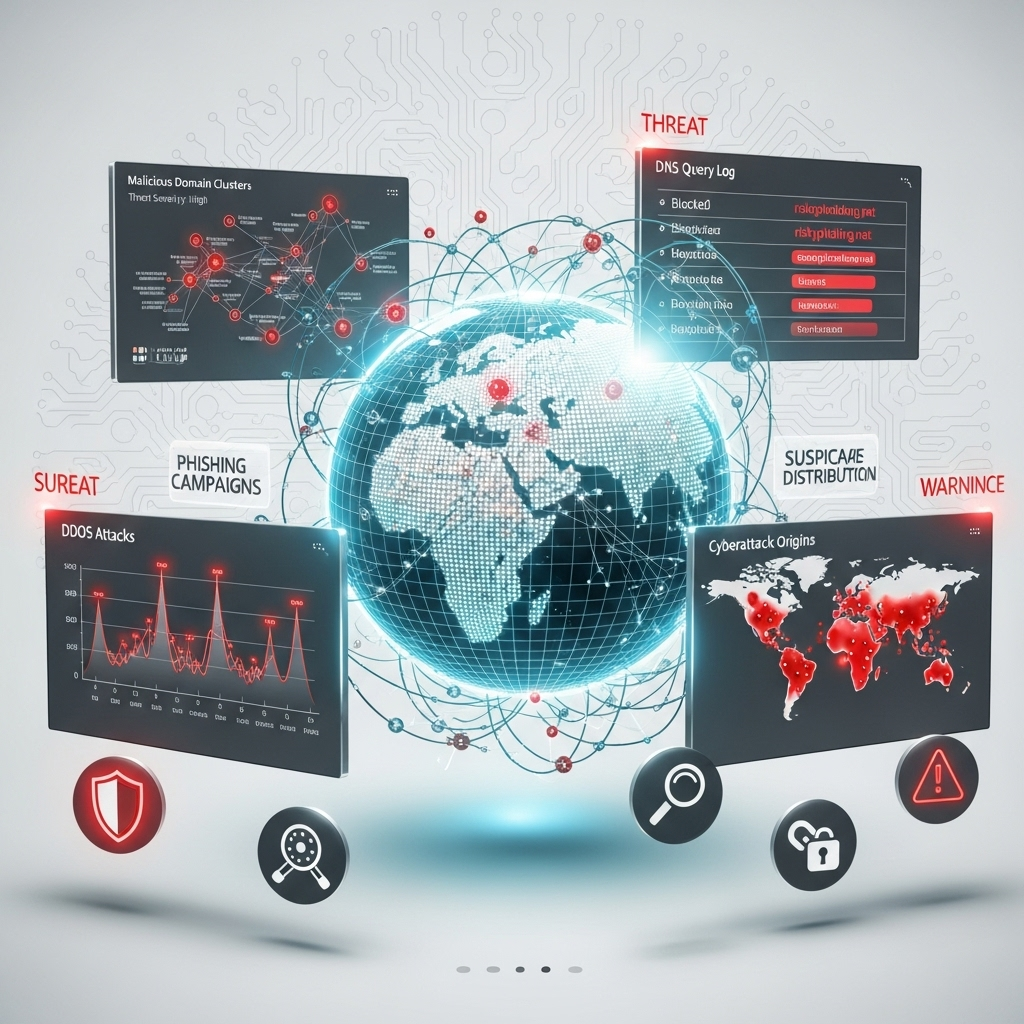
Fortify your security infrastructure with comprehensive domain intelligence. Enterprise security teams use our database to identify potentially malicious domains, categorize suspicious websites, and implement proactive threat detection across their entire digital perimeter.
Security operations centers (SOCs) integrate our database with SIEM systems to automatically classify and prioritize security alerts. Financial institutions and healthcare organizations report dramatically faster incident response times and substantial reduction in false positives when using our categorization data for threat hunting and domain reputation scoring, enabling more focused security efforts.

Create safer digital environments with intelligent content categorization. Educational institutions, corporations, and government agencies deploy our database to enforce acceptable use policies, protect minors online, and maintain productive work environments.
School districts serving millions of students use our categorization to automatically block inappropriate content while allowing educational resources. Enterprise IT departments report significant increase in employee productivity and substantial reduction in HR incidents related to inappropriate web usage after implementing comprehensive content filtering based on our database, creating safer digital environments.
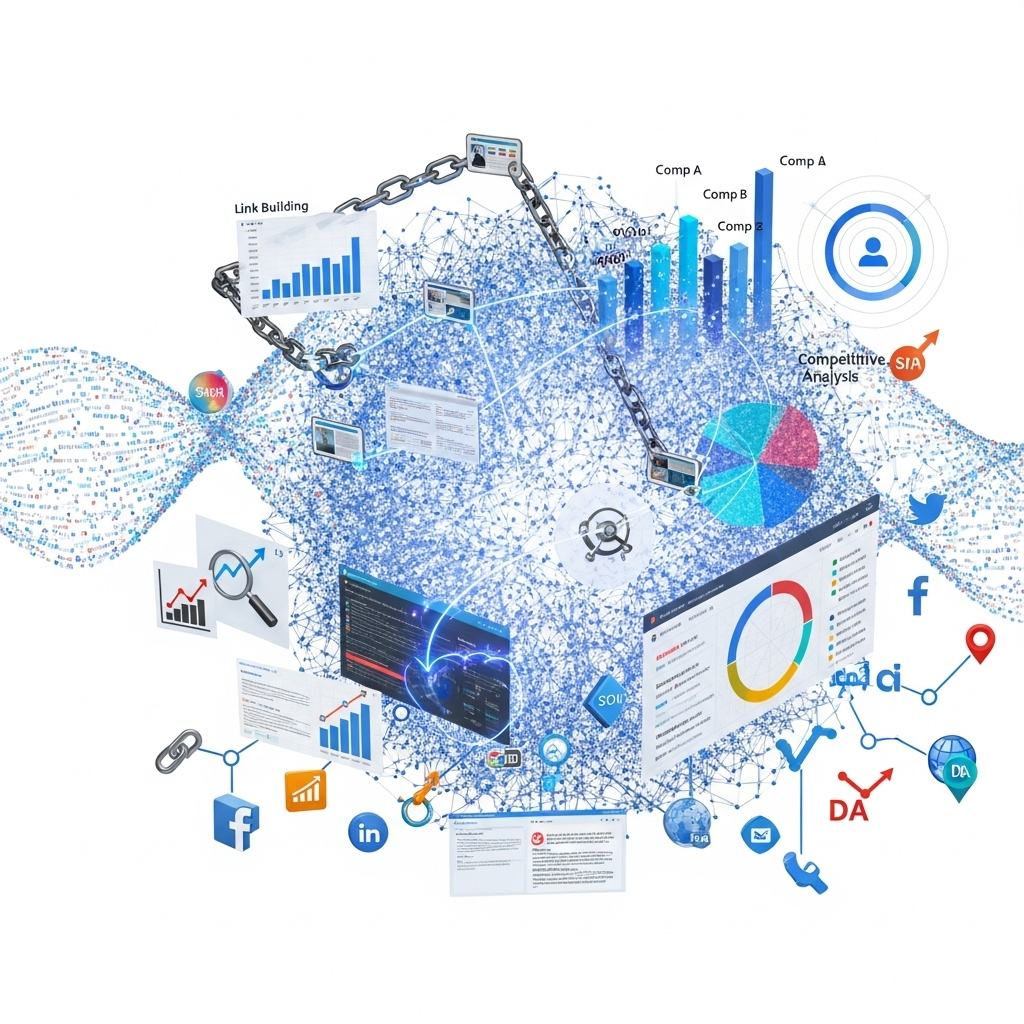
Accelerate your SEO strategy with comprehensive domain intelligence. Digital marketing agencies and enterprise SEO teams use our database to identify high-value link opportunities, analyze competitor landscapes, and optimize content strategies across industries.
Marketing agencies managing campaigns for Fortune 500 clients report significantly faster competitive analysis and dramatically improved link prospecting efficiency. Our database enables automated identification of authoritative domains within specific niches, substantially reducing manual research time while improving campaign targeting precision and strategic decision-making capabilities.

Unlock market insights with comprehensive web categorization analytics. Management consulting firms, investment banks, and research organizations leverage our database to conduct market analysis, identify emerging trends, and support strategic decision-making with data-driven insights about digital market evolution.
Investment firms analyzing market opportunities report dramatically faster sector analysis and enhanced due diligence capabilities when evaluating digital businesses. Our comprehensive categorization enables sophisticated pattern recognition across industries, helping identify market consolidation trends, emerging technologies, and competitive landscape shifts before they become apparent through traditional research methodologies.
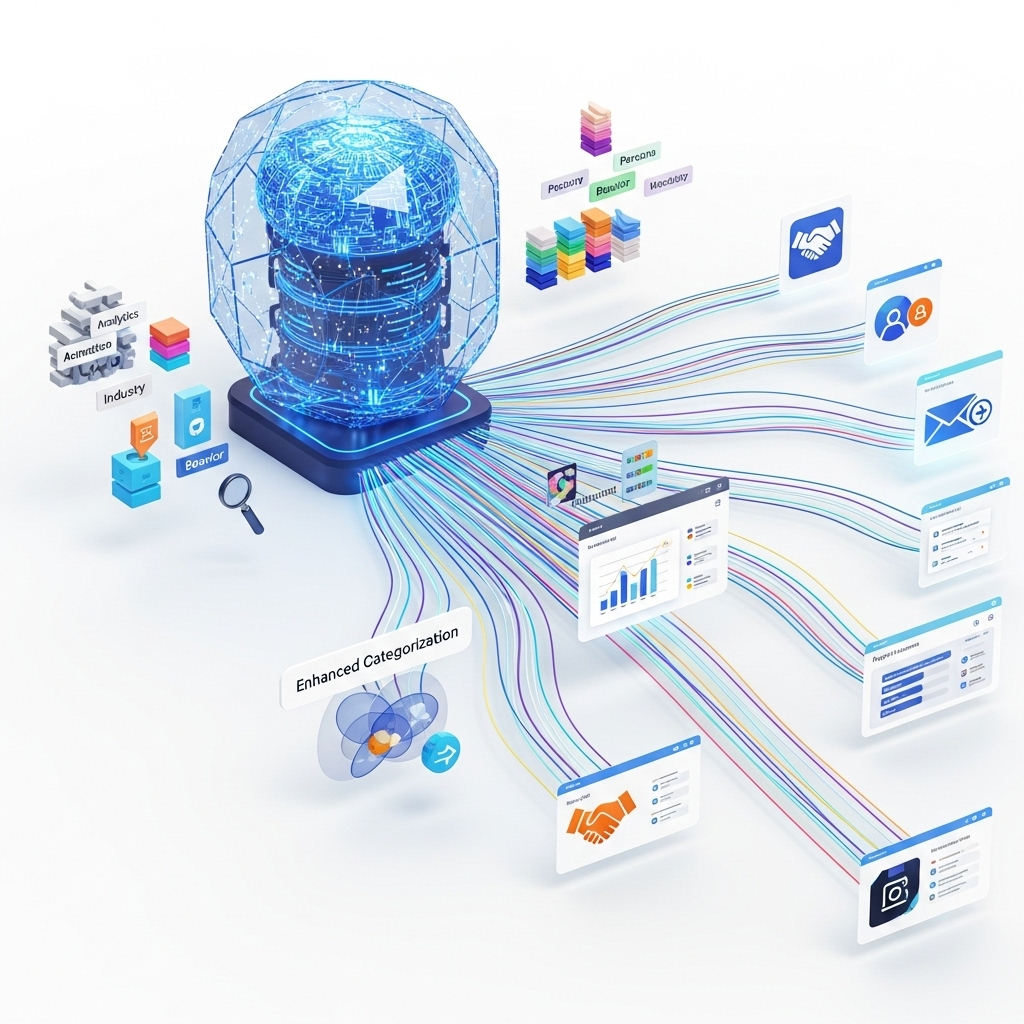
Enhance your SaaS offerings with built-in categorization intelligence. Software companies integrate our database to add value-added features like automatic content categorization, user behavior analysis, and intelligent filtering capabilities without developing these complex systems in-house.
CRM platforms, marketing automation tools, and business intelligence software providers report significantly faster time-to-market for new features and substantial improvement in customer satisfaction scores when offering categorization-based functionality. Our database enables instant feature deployment without ongoing API dependencies or scaling concerns, providing competitive differentiation.

Optimize marketplace operations with comprehensive vendor and competitor intelligence. E-commerce platforms, drop-shipping businesses, and marketplace operators use our database to categorize suppliers, analyze competitive landscapes, and identify high-potential product categories for expansion and optimization.
Major marketplace platforms report substantial improvement in vendor onboarding efficiency and significant increase in GMV after implementing automated supplier categorization and competitive analysis using our database. Retailers use our data to identify emerging product trends and optimize their product mix based on comprehensive market intelligence and strategic business insights.
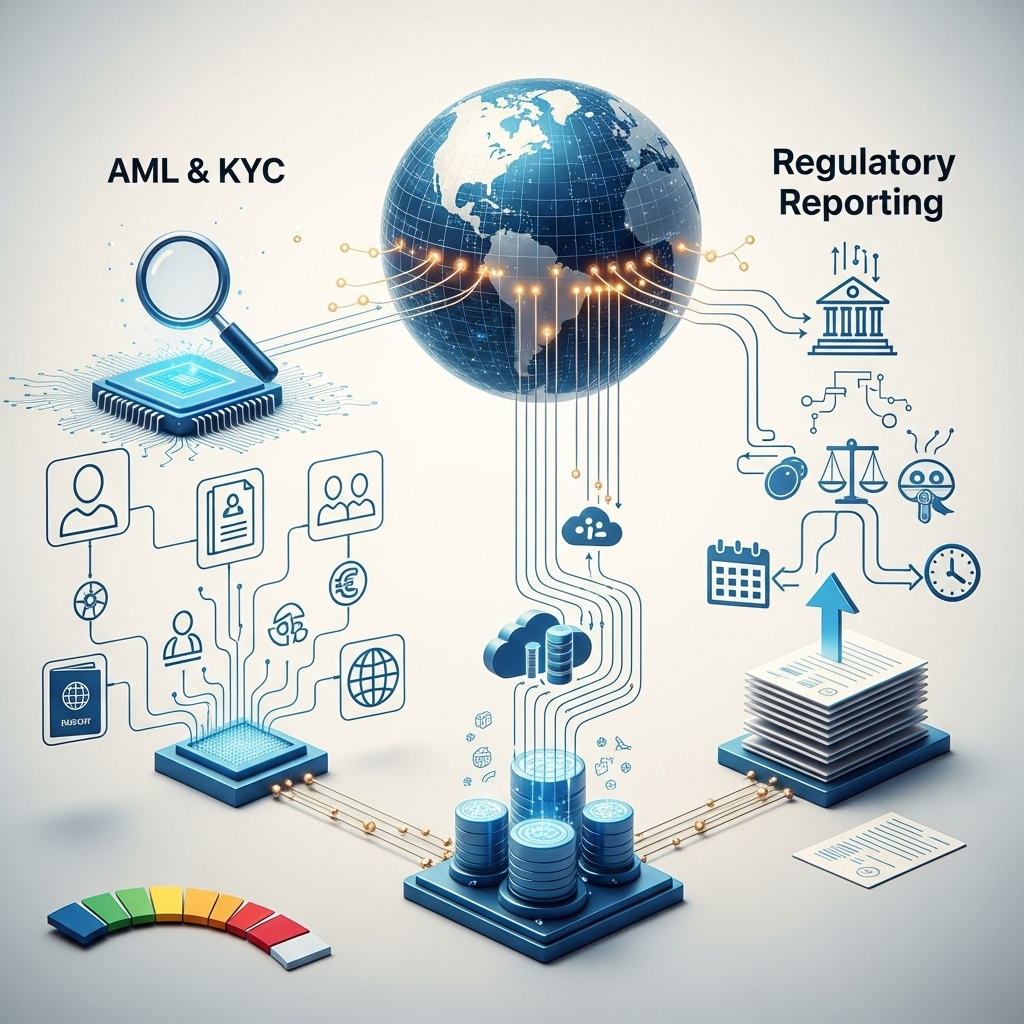
Ensure regulatory compliance with sophisticated risk assessment capabilities. Banks, insurance companies, and fintech platforms integrate our database to assess counterparty risk, monitor client business activities, and maintain compliance with anti-money laundering (AML) and know-your-customer (KYC) regulations across global jurisdictions.
Major financial institutions report significantly faster customer onboarding and substantial improvement in compliance audit outcomes when using our database for automated business classification and risk assessment. Our categorization helps identify high-risk business activities and ensures appropriate due diligence measures are applied consistently across all customer interactions and regulatory requirements.

Optimize workforce productivity with intelligent web usage monitoring and policy enforcement. Large corporations and government agencies deploy our database to monitor employee internet usage, enforce acceptable use policies, and identify productivity improvement opportunities while respecting privacy and maintaining employee satisfaction.
Fortune 500 companies report notable improvement in overall productivity metrics and significant reduction in IT security incidents after implementing comprehensive web usage policies based on our categorization database. HR departments use aggregated insights to design better workplace policies and identify training needs across different departments and organizational roles.
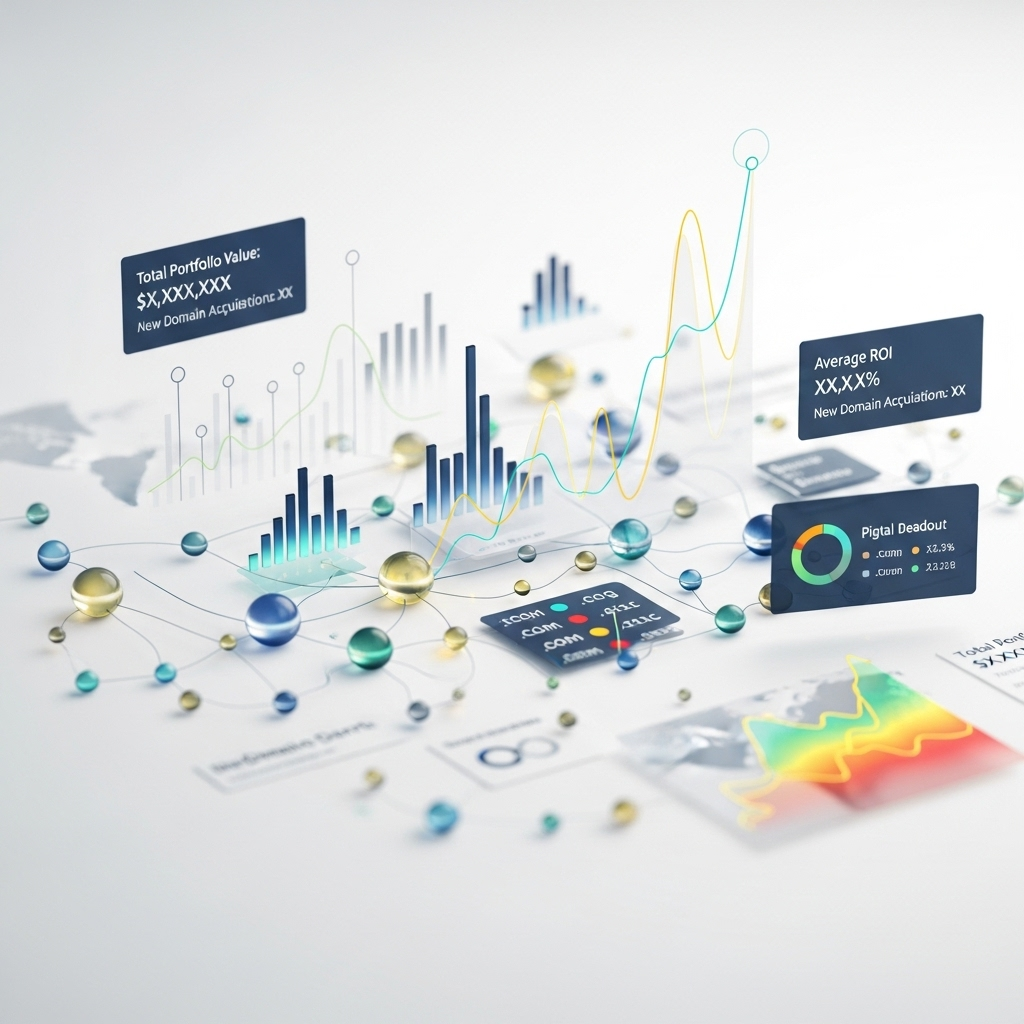
Maximize domain investment returns with comprehensive market intelligence and valuation insights. Domain investors, portfolio managers, and marketplace operators leverage our database to identify undervalued domains, assess market trends, and optimize buying and selling strategies based on category performance and emerging industry opportunities.
Professional domain investors report substantial improvement in portfolio ROI and significantly faster deal identification when using our categorization data to guide investment decisions. Domain marketplaces use our data to provide accurate valuations and improve search functionality, resulting in notably higher transaction completion rates and enhanced buyer satisfaction through better market intelligence.

Advance academic research with comprehensive internet structure and behavior analysis. Universities, research institutions, and think tanks use our database to study digital society evolution, analyze online behavior patterns, and conduct large-scale internet governance research that informs policy and technology development decisions.
Leading research institutions have published numerous peer-reviewed papers using insights derived from our database, covering topics from digital inequality to cybersecurity trends. Researchers report dramatically faster data collection and substantial improvement in research scope when using our pre-categorized dataset compared to manual classification methods, enabling more comprehensive academic studies.
Get answers to common questions about our enterprise database solutions.
The standard Enterprise Solutions (30M and 60M) assign one primary category to each domain, focusing on the main content and purpose of the website. The Enterprise Solution 40M with Multiple Categories provides up to 3 different categories per domain, offering a more nuanced understanding. For example, a news website might be categorized as "News & Politics" (primary), "Entertainment" (secondary), and "Sports" (tertiary), capturing the full breadth of its content. This multi-category approach is ideal for applications requiring deeper content analysis, such as advanced content filtering, sophisticated ad targeting, or comprehensive competitive intelligence.
Our database is updated quarterly with fresh categorization data. The core domains represent the most stable and trafficked websites on the internet, with millions sourced from Google Chrome UX Report for maximum relevance and accuracy.
We provide data in CSV format for maximum compatibility. Each record includes domain, categorization data, confidence scores, and enrichment fields. Custom formats available for enterprise customers upon request.
Yes, we offer country-specific subsets, industry-focused datasets, and custom filtered versions based on specific IAB categories or other criteria. Contact our enterprise team for custom data requirements.
Enterprise customers receive priority technical support, integration assistance, and consultation on optimal database utilization. We also provide documentation and implementation guides for faster deployment.
Our database is licensed for internal use within your organization. You may deploy across multiple systems and environments. Redistribution requires separate licensing agreements.
We accept PayPal, major credit cards, and bank transfers (SWIFT/SEPA). Enterprise customers can arrange purchase orders and invoice payments. All prices listed in USD.
The database is available as instant download after we receive the payment.
Yes, we provide quarterly database updates for enterprise customers. Updated datasets include newly categorized domains and refreshed classifications for existing entries to maintain accuracy over time.
600+ global clients trusted our company for mission-critical URL categorization and domain intelligence solutions.
Join the Fortune 500 companies already leveraging our database for competitive advantage. Download our sample data today and experience the difference enterprise-grade categorization makes.
Enterprise security • Instant deployment • Proven ROI